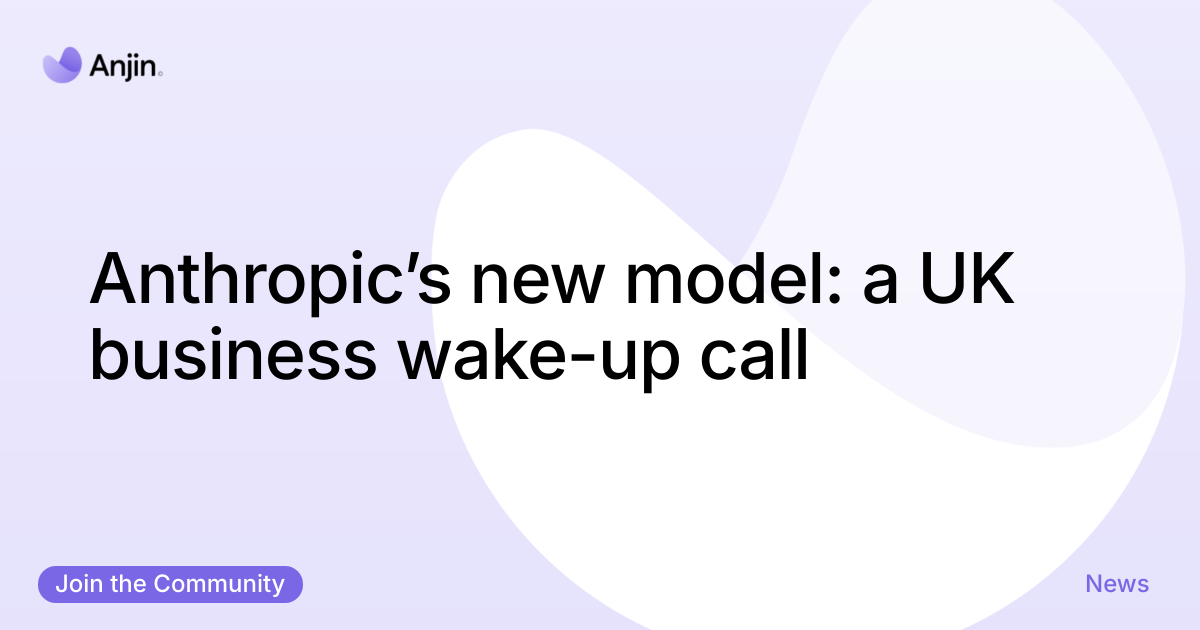A New Social Contract for the Age of AI
The global conversation on AI and jobs has long been split between fear and optimism. But with agentic AI now deployed across functions like customer service, logistics, HR and finance, the real picture is emerging: the future is neither fully automated nor fully human—it is hybrid.
This new model demands a new social contract between employers, employees and the tools they use. Organisations must invest not just in software, but in reskilling systems that empower people to work alongside intelligent agents.
What’s Changing Inside the Workplace
Agentic AI is influencing how organisations:
- Define roles: Many traditional job descriptions now blend oversight, strategy, and AI supervision
- Deliver training: Teams need real-time, AI-enhanced microlearning rather than annual workshops
- Measure performance: Value is shifting from output to orchestration, delegation, and decision quality
- Support careers: Employees seek growth by mastering how to collaborate with AI—not compete against it
This reshaping is already visible across sectors. In logistics, warehouse coordinators now oversee fleets of AI-managed robots. In finance, analysts use AI to generate risk profiles and interpret them, rather than crunching numbers manually.
How Agentic AI Accelerates Vocational Education
One of the most promising applications of agentic AI is in vocational training and upskilling. Intelligent agents can:
- Tailor learning content to the learner’s role, background and performance gaps
- Simulate work scenarios for applied learning (e.g. sales, support, negotiation)
- Offer instant feedback and suggestions based on real-world outputs
- Help track skill progression and readiness for role transitions
This moves workforce development from static courses to interactive, adaptive career enablement.
Leading EdTech providers are already embedding AI tutors, coaches and evaluators into learning platforms—supporting both enterprise and government reskilling initiatives.
A Global Imperative: Don’t Let Reskilling Lag Behind Automation
The World Economic Forum’s latest Future of Jobs Report states that over 40% of workers globally will need reskilling by 2027, with AI and automation as the driving forces.
Agentic AI amplifies this urgency:
- Tasks are changing faster than job titles
- Performance gaps emerge in months, not years
- Lifelong learning is no longer optional—it’s the foundation of employability
Organisations and governments must therefore:
- Provide AI-enhanced learning at scale
- Incentivise role-to-skill evolution paths
- Build digital literacy and agent fluency into basic education
This is not just about keeping people employed—it’s about keeping organisations adaptable.
SEO, GEO and the Skills Discovery Layer
As learning and recruitment shift into agent-driven interfaces, discoverability also evolves.
Educational platforms and employers need to:
- Optimise skill profiles with structured metadata (e.g. schema.org/Occupation)
- Ensure training content is indexable and summarised clearly for AI assistants
- Align job postings with agent-parsable qualifications and outcomes
This supports visibility in both traditional search and conversational discovery—whether a user asks, “What AI skills are most in-demand in 2025?” or “Find a course to become a marketing operations specialist.”
Generative Engine Optimisation (GEO) is no longer about clicks—it’s about being part of learning and hiring decisions mediated by AI.
Final Thought: AI Will Transform Work—But Only If We Transform Workers Too
The arrival of agentic AI is not the end of work. It is the beginning of a new kind of work—where humans operate in tandem with intelligent systems, and where growth is determined not by what you already know, but by how fast you can learn.
At Anjin Digital, we believe the most forward-looking organisations are those building intelligence fluency into their teams. Whether through internal academies, AI-driven LMS systems, or role-based upskilling plans, the goal is the same: to prepare people not just to survive automation—but to thrive with it.
The future isn’t about humans or AI. It’s about human agency in an agentic world.





